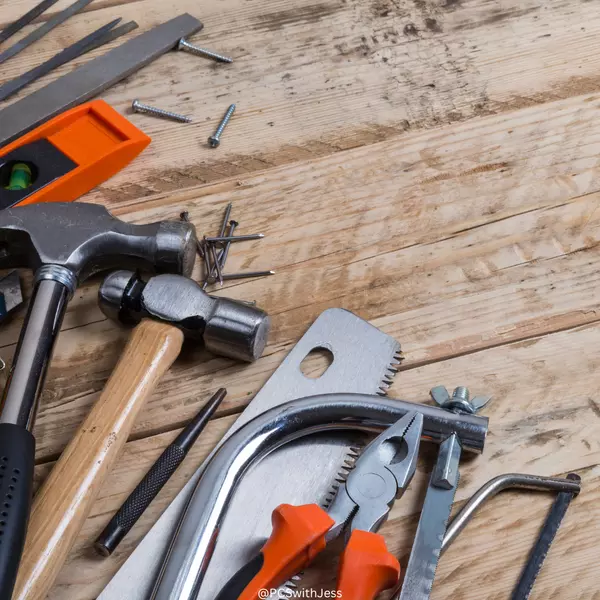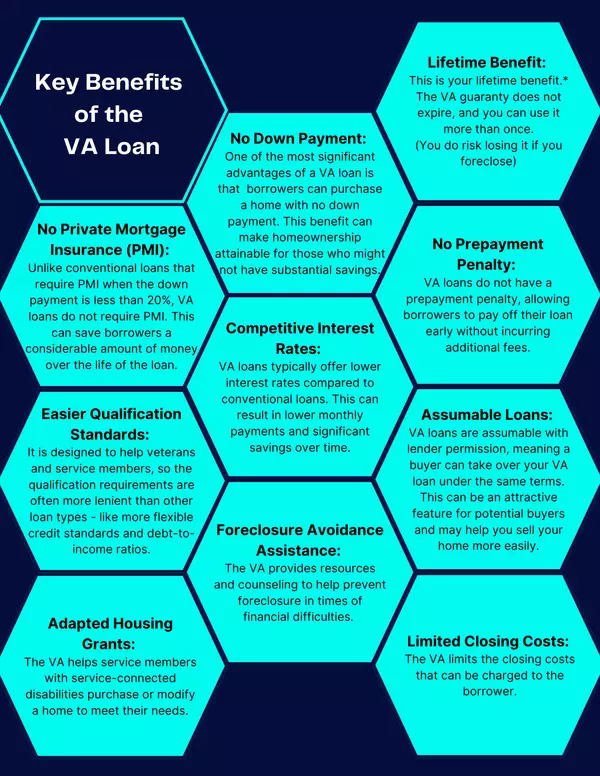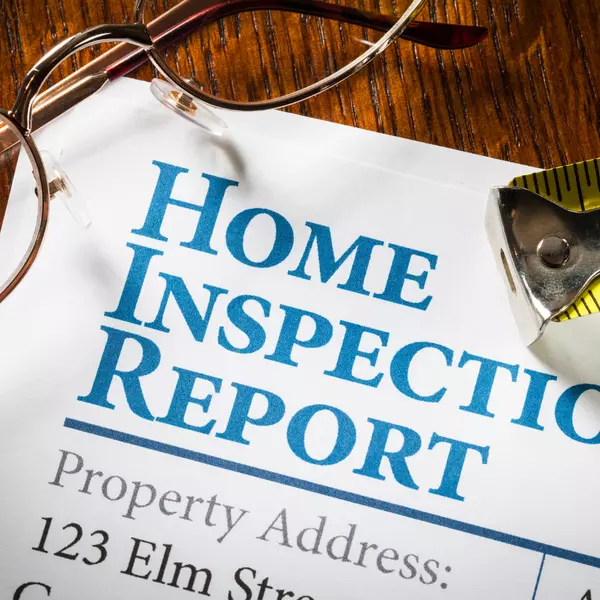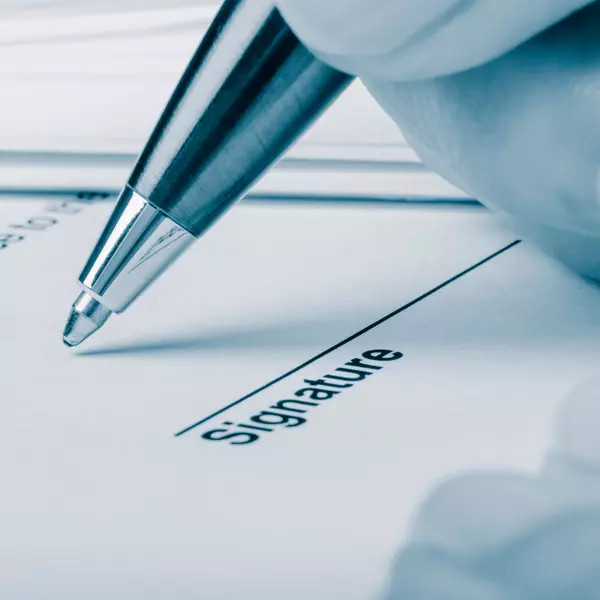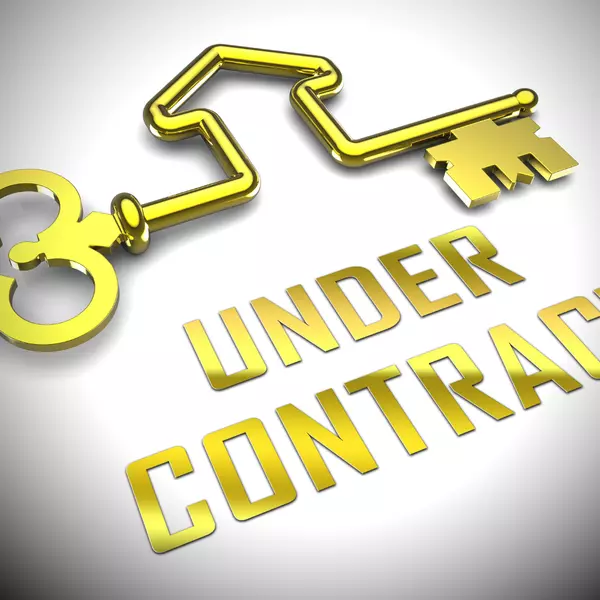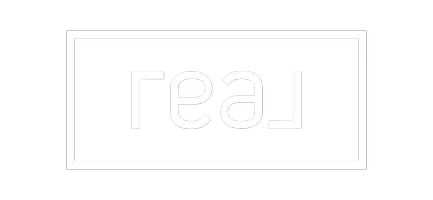Earnest Money as a Negotiation Tool
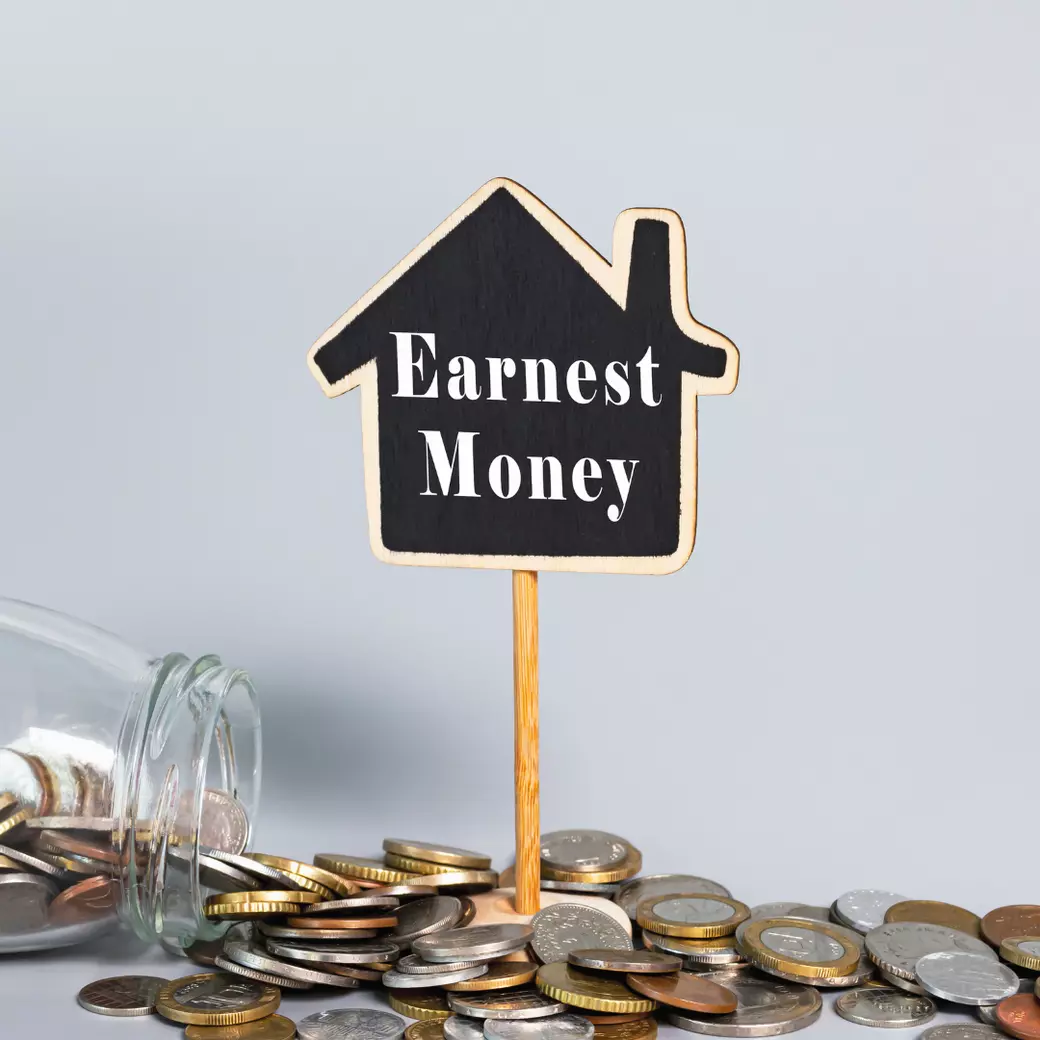
In this blog post, I'll explain what earnest money is and how it can be used as a negotiation tool in a real estate transaction.
What is Earnest Money?
Earnest money is a deposit that a buyer makes to show that they are serious about buying a property. This deposit is typically made at the beginning of the transaction, and it is held in escrow until the transaction is closed.
The amount of earnest money required varies depending on the transaction, but it is typically 1% of the purchase price. The earnest money deposit is usually made out to a third-party escrow company or a real estate broker.
How to Use Earnest Money as a Negotiation Tool
Earnest money can be used as a negotiation tool to help you get the best deal on a property. Here are a few ways that you can use earnest money to your advantage during a real estate transaction:
- Show that you're serious about the transaction
When you make an earnest money deposit, you're showing the seller that you're serious about buying the property. This can be especially important in a competitive real estate market where there may be multiple offers on a property. If a seller sees that you're willing to put down a significant amount of money as an earnest money deposit, they may be more likely to choose your offer over others.
- Demonstrate your financial strength
Making a significant earnest money deposit can also demonstrate your financial strength to the seller. If you're able to put down a large deposit, the seller may assume that you're financially stable and more likely to be able to secure financing for the purchase. This can be especially important if the seller is worried about a buyer's ability to obtain financing.
- Use it as leverage during negotiations
If you're negotiating with the seller, you can use the earnest money deposit as leverage. For example, if you're asking the seller to make repairs to the property before closing, you can offer to increase your earnest money deposit if they agree to your requests. This can show the seller that you're serious about your requests and may make them more likely to agree to your terms.
- Protect your deposit with contingencies
When you make an earnest money deposit, you can also protect it with contingencies. For example, you can include contingencies in your offer that allow you to back out of the transaction and receive your earnest money deposit back if certain conditions are not met. This can give you some protection during the transaction and can help you negotiate a better deal.
Earnest money can be a powerful negotiation tool in a real estate transaction. By making a significant deposit, you can show the seller that you're serious about the transaction, demonstrate your financial strength, and use it as leverage during negotiations. Additionally, you can protect your deposit with contingencies, which can give you some protection during the transaction. If you're considering buying a home, be sure to understand how earnest money works and how you can use it to your advantage during negotiations. Consult your real estate professional to learn what your market is doing, if the home is receiving multiple offers, and how much earnest money to include in your offer.
Categories
Recent Posts

